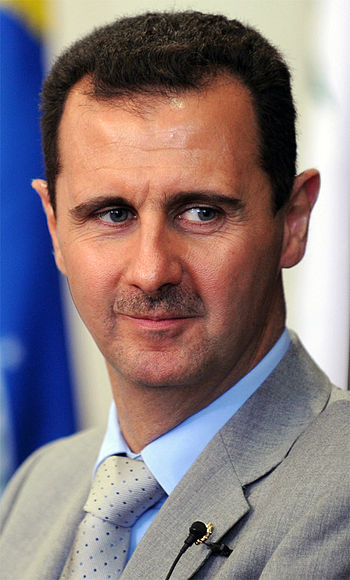
Twenty-seven years ago, one of the worst genocides since the Holocaust was perpetrated in Rwanda. Within a matter of weeks, at least 800,000 people were murdered.
Last year, Paul Rusesabagina was kidnapped and taken to Rwanda, where he was arrested. Today, as President Paul Kagame oversees reenactments of that horrible time, Rusesabagina sits in jail. He is on trial for a host of charges including terrorism and genocide denial. His real crime is criticizing Kagame.
I have been working with some other people to secure Rusesabagina’s release. If you are interested in helping, there are several ways to do that. Here are a few:
- Contact the Rwandan embassy and demand this hero be released.
- Sign a petition demanding President Biden do something to help this hero.
- Sign a petition to Secretary of State Blinken demanding he act
- Call your senators and member of Congress 202-878-2571
Some new articles have been released:
- She escaped genocide in Rwanda. Now 27 years later, she can’t escape its politics (Washington Post)
- 27 years since the Rwandan genocide — it is time to remember the past and acknowledge the present
- To fully commemorate the anniversary of the Rwandan genocide, Paul Rusesabagina needs to be freed. Now.
Here’s an older post I wrote on this.

